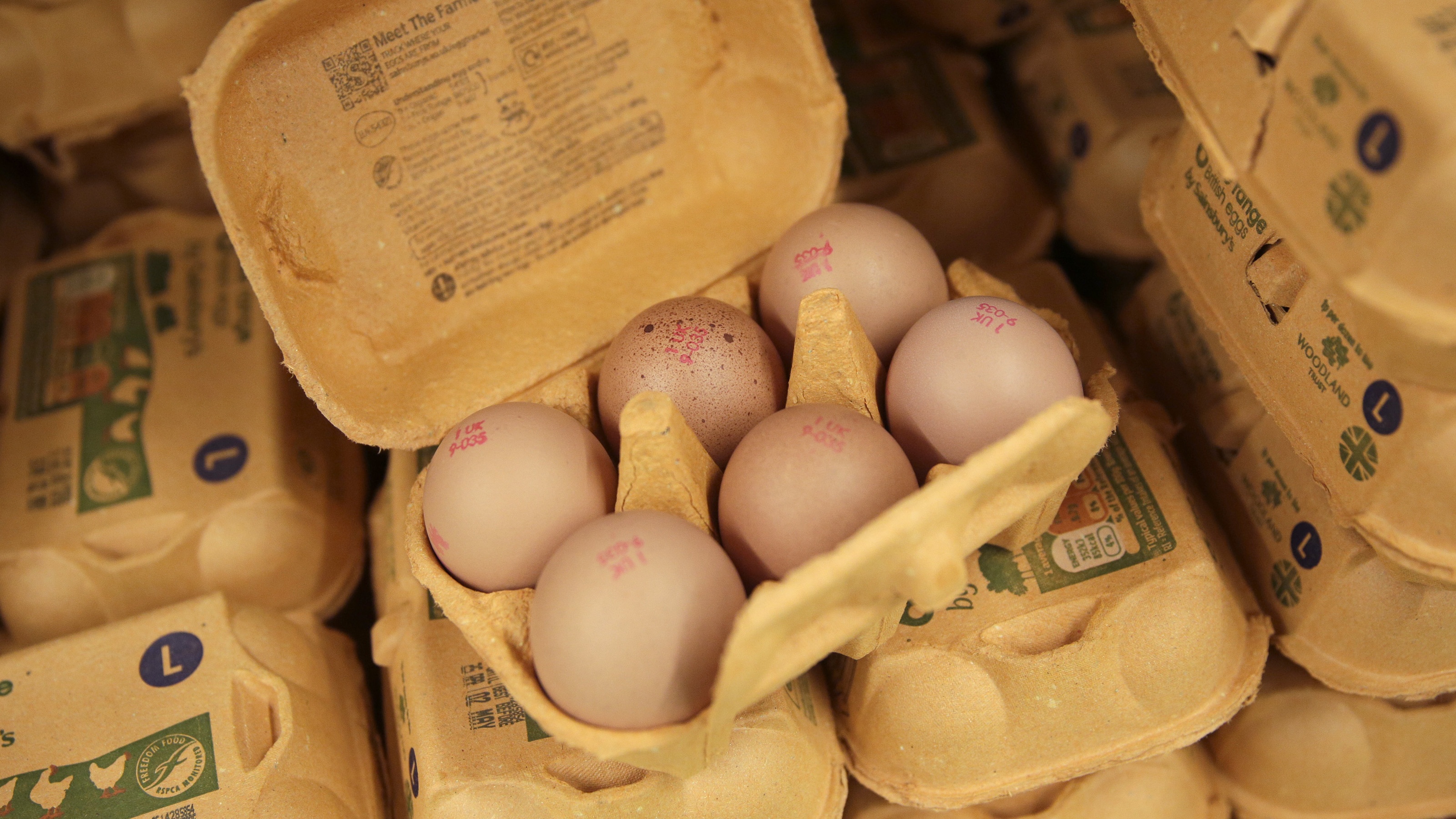Have we reached peak convenience store?
'Big four' grocers saturate the market with a 21 per cent increase in the number of smaller stores in just five years

A free daily email with the biggest news stories of the day – and the best features from TheWeek.com
You are now subscribed
Your newsletter sign-up was successful
The UK may now be saturated with convenience food stores after five years of rapid growth in towns and cities.
A report compiled by the Local Data Company (LDC) shows a 21 per cent increase in the number of convenience stores between 2010 and 2015, the BBC reports, bringing the number to 16,426.
In particular, the amount of small stores being opened by the established "big four" chains has far outstripped openings of larger supermarkets in that time, adds Retail Gazette. The compound annual growth rate in the convenience format was 8.4 per cent, compared to 4.9 per cent.
The Week
Escape your echo chamber. Get the facts behind the news, plus analysis from multiple perspectives.

Sign up for The Week's Free Newsletters
From our morning news briefing to a weekly Good News Newsletter, get the best of The Week delivered directly to your inbox.
From our morning news briefing to a weekly Good News Newsletter, get the best of The Week delivered directly to your inbox.
But appetite is waning and there is a growing sense that there are now "more stores than shoppers needed". In 2015, there were 300 new openings, down from 1,000 in 2012, while 228 towns and cities saw the number of smaller grocery shops decline last year.
Morrisons has already ditched its small shops, which have been sold and rebranded as M Local, and Asda has also abandoned its nascent roll-out of convenience stores.
There is evidence in the LDC data that overall saturation may have been reached some time ago, with the relentless rise from the big four putting pressure on small brands such as Londis, Mace and Budgens, all of which saw their store count drop over the five years.
Consequently, in aggregate and on a net compound annual basis, the number of convenience stores actually grew at a slower rate than supermarkets - although this is now similarly slowing - and discount stores.
A free daily email with the biggest news stories of the day – and the best features from TheWeek.com
LDC director Matthew Hopkinson said the data in aggregate showed increasing segmentation of the market as consumers shop around between artisanal, local and discount-branded options.
He added that Amazon's launch into the grocery sector had the potential to be even more disruptive still.
Noting that food was one of the few markets relatively undisturbed by the expansion in online shopping, Hopkinson said: "Perhaps Amazon will be the catalyst to change this and if it does then we will see some retailers under significant pressures over the next five years."
-
 Local elections 2026: where are they and who is expected to win?
Local elections 2026: where are they and who is expected to win?The Explainer Labour is braced for heavy losses and U-turn on postponing some council elections hasn’t helped the party’s prospects
-
 6 of the world’s most accessible destinations
6 of the world’s most accessible destinationsThe Week Recommends Experience all of Berlin, Singapore and Sydney
-
 How the FCC’s ‘equal time’ rule works
How the FCC’s ‘equal time’ rule worksIn the Spotlight The law is at the heart of the Colbert-CBS conflict
-
 The UK’s Christmas egg shortage
The UK’s Christmas egg shortagefeature Supermarkets blame bird flu but farmers say unfair buying practices are driving them out of business
-
 Labour shortages: the ‘most urgent problem’ facing the UK economy right now
Labour shortages: the ‘most urgent problem’ facing the UK economy right nowSpeed Read Britain is currently in the grip of an ‘employment crisis’
-
 Will the energy war hurt Europe more than Russia?
Will the energy war hurt Europe more than Russia?Speed Read European Commission proposes a total ban on Russian oil
-
 Will Elon Musk manage to take over Twitter?
Will Elon Musk manage to take over Twitter?Speed Read The world’s richest man has launched a hostile takeover bid worth $43bn
-
 Shoppers urged not to buy into dodgy Black Friday deals
Shoppers urged not to buy into dodgy Black Friday dealsSpeed Read Consumer watchdog says better prices can be had on most of the so-called bargain offers
-
 Ryanair: readying for departure from London
Ryanair: readying for departure from LondonSpeed Read Plans to delist Ryanair from the London Stock Exchange could spell ‘another blow’ to the ‘dwindling’ London market
-
 Out of fashion: Asos ‘curse’ has struck again
Out of fashion: Asos ‘curse’ has struck againSpeed Read Share price tumbles following the departure of CEO Nick Beighton
-
 Universal Music’s blockbuster listing: don’t stop me now…
Universal Music’s blockbuster listing: don’t stop me now…Speed Read Investors are betting heavily that the ‘boom in music streaming’, which has transformed Universal’s fortunes, ‘still has a long way to go’